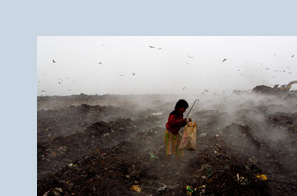“FREEDOM OF SPIRIT”
It always begins with someone longing for freedom. For the freedom to be politically active. A report. A photograph. Someone daring to express what he or she thinks, sees, feels. Then comes the danger. Death threats. Arrests. Beatings, torture. Most of
the time, nobody knows. Nobody takes notice
Our guests in 2025:

Getu Saketa Roro Human rights lawyer from Ethiopia. Getu Saketa Roro witnessed the profound socio-ecological injustices and political oppression faced by his community in Western Oromia Area at an early age.
Press release
Press release

Shahla Humbatova She has been campaigning for human rights since 2013. She studied law at Baku State University from 1993 to 1997 and has been campaigning for political prisoners and women’s rights ever since. She is a member of the Azerbaijani Bar Association and was honored with the International Women of Courage Award in Washington in 2020.
Press release
Press release
